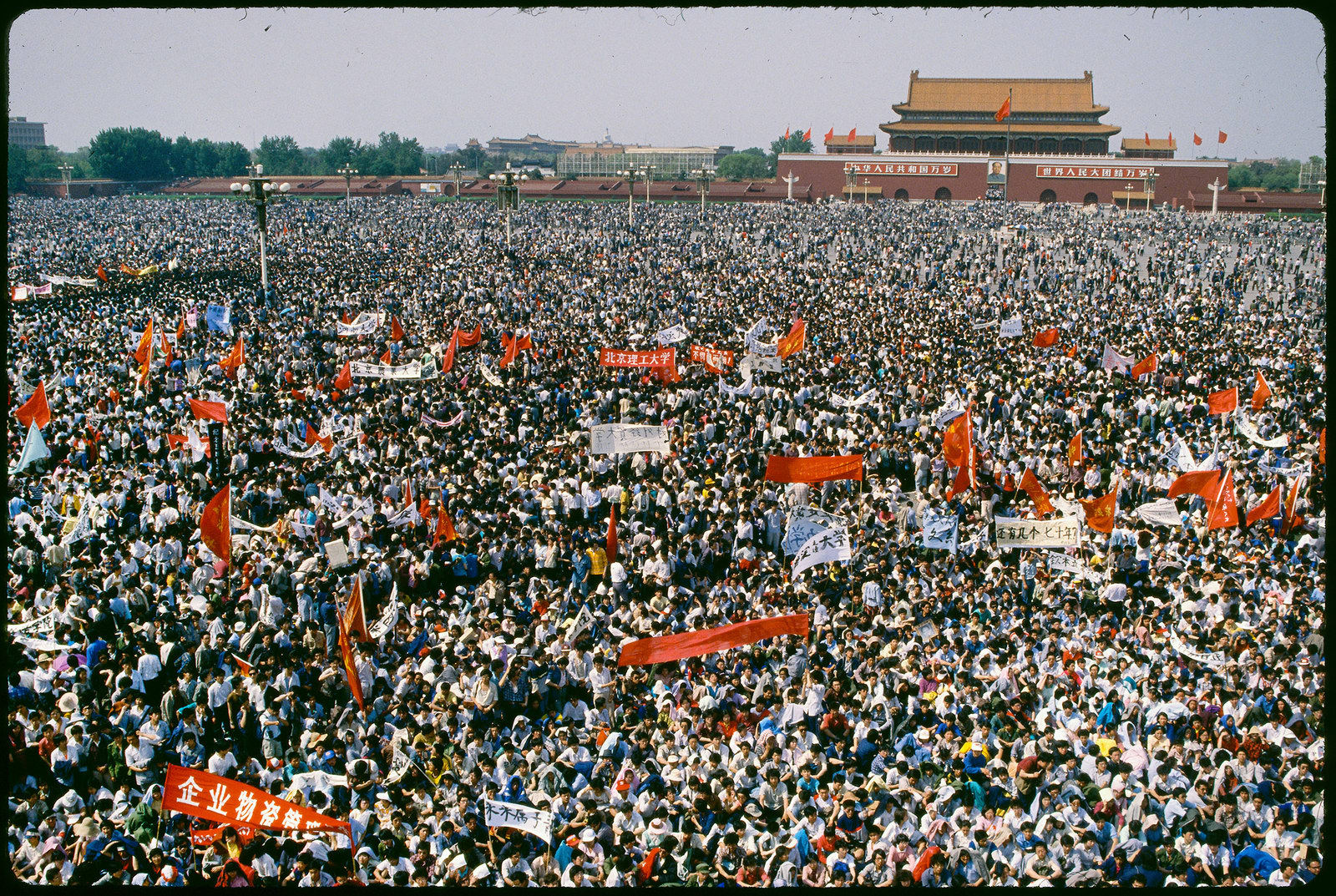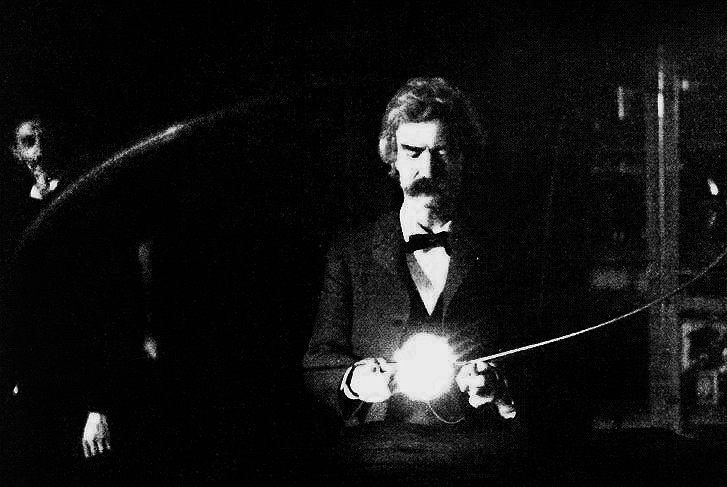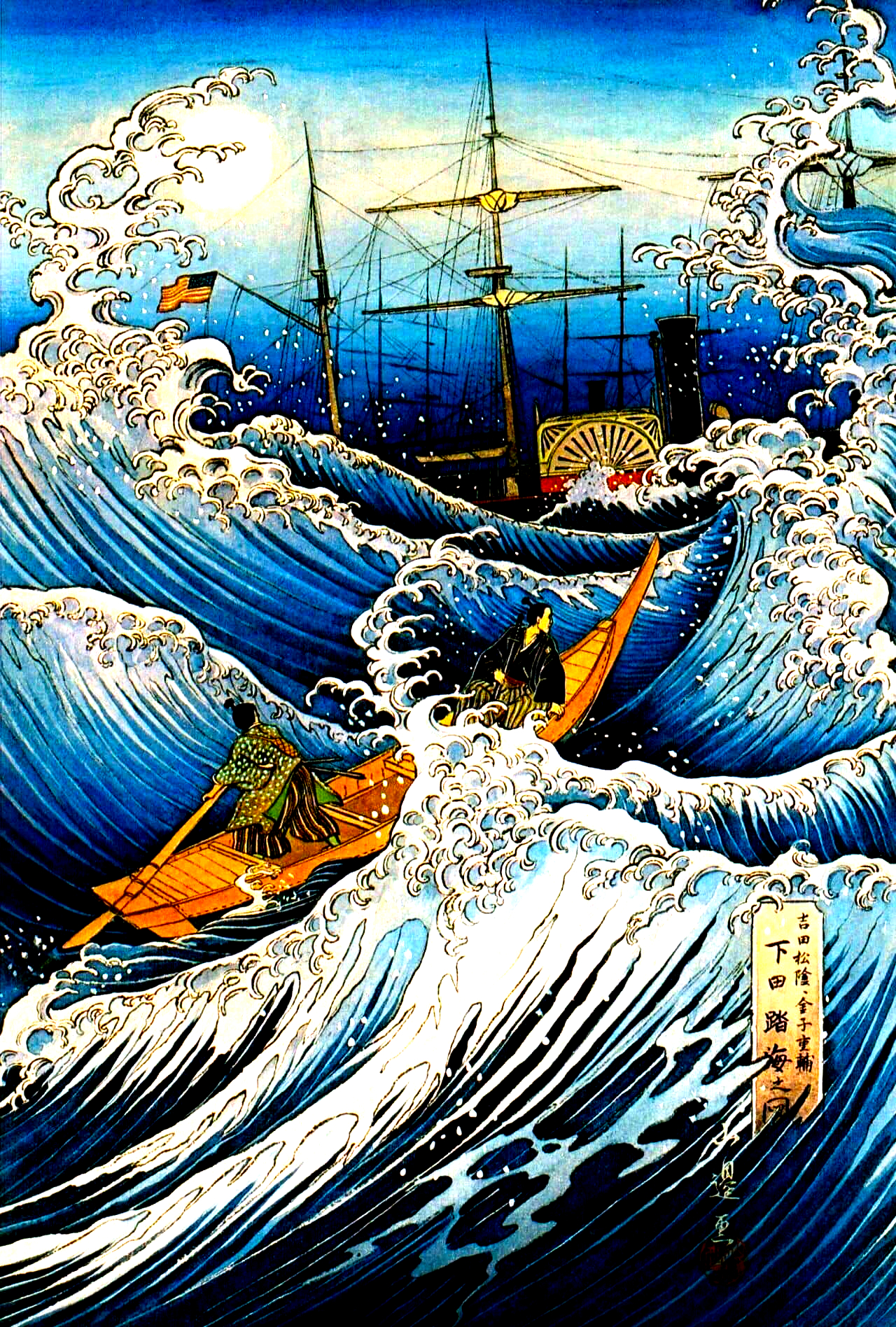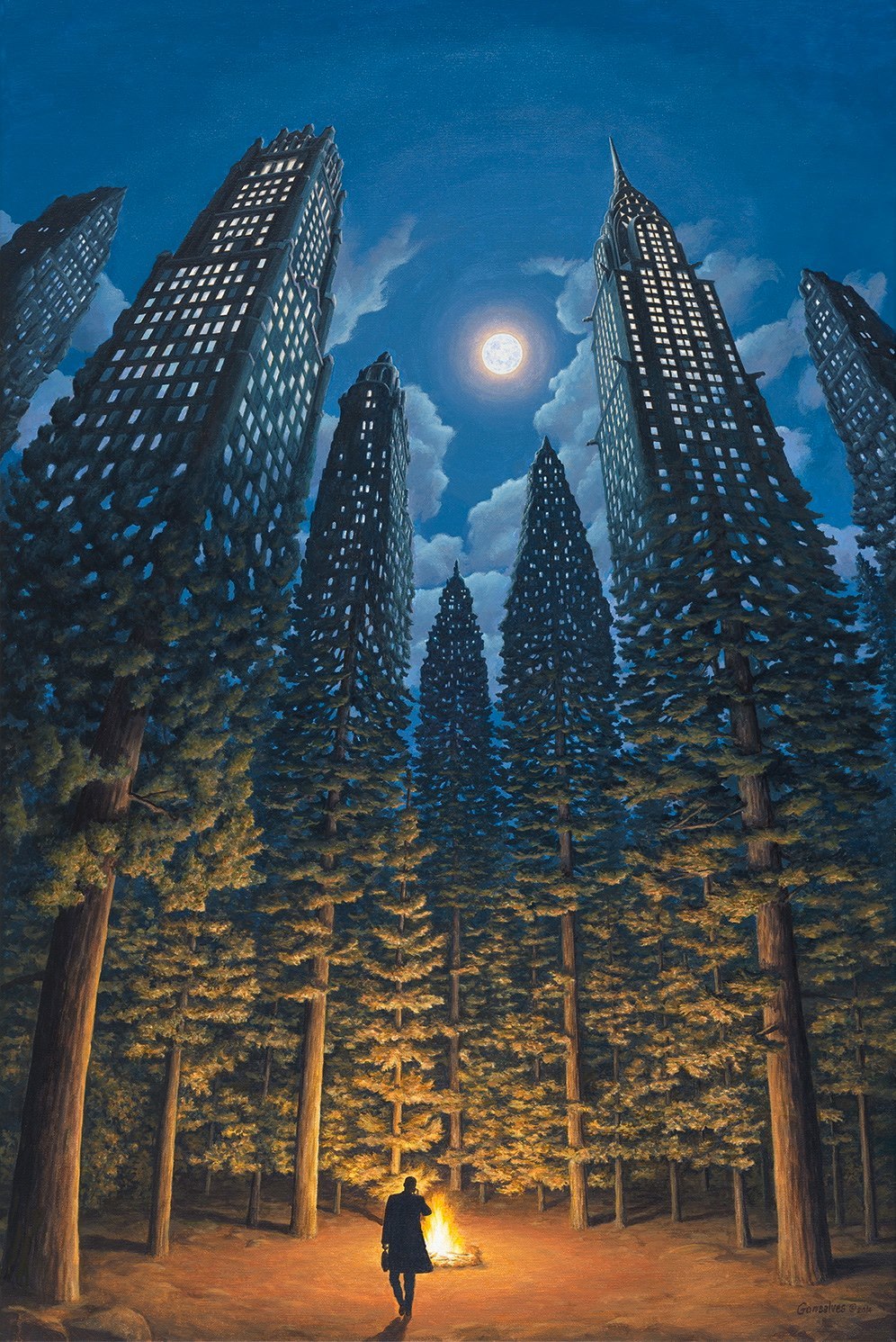Too soon to say
Let A Hundred Flowers Bloom; Let A Hundred Schools Of Thought Contend
— Mao Zedong, Hundred Flowers Movement
In the later years of Confucius’ life, one of his earliest disciple Zhong You wished to pray for an ailing Confucius. To which he earnestly responded that - “My life has been my prayer”. Confucius was born to an era of decline and turmoil within Chinese history as the instruments of legitimacy that grounded the Zhou Dynasty floundered, The Warring States Period. As the “metaphysical” breakdown deepened, violence was articulated across all dimensions of societal structure as political power was accrued and accreted and dissipated. However, the virulent political transition nourished the soils of creative destruction as a hundred schools of thought blossomed through the clearing of space.
Confucius attempted to locate human society within a larger cosmology present in the cultural consciousness pulling various strands of ideas from the past. Confucius proclaims, “To rule a country of a thousand chariots, there must be reverent attention to business, and sincerity; economy in expenditure, and love for men; and the employment of the people at the proper seasons.” Governance depends ultimately on the education and cultivation of elements of community a process of becoming chun-tzu etymologically shifting a noble birth into a more meritocratic concept. These individuals in turn spontaneously emerged into a larger weaving of social structures through the lines of articulation known as rites.
Social and cosmic order was rendered in a rich interweaving of internalized codes of civility that played out as rituals (li 禮 ) encompassing the entire spectra of terrestrial interactions. It was as such that Confucius confronted the increasing degeneracy of his times by asserting the rich tapestry of human agency enacted sacred in the primal ecology of a self generating harmonious cosmic order. This infusion of the secular with sacred dimensions is remarkably apposite in an age where the profane has devoured and totalizes upon the edifice of most human interactions. The profane space has no axis mundi upon which to pivot, no center to rest leaving the human spirit restless and wandering without orientation. Perhaps in the fragmented amorphous spaces of modernity one needs just such a map that unravels the tears in our perceived reality that unveil the sacred.





Weigh the Scales